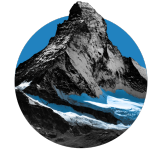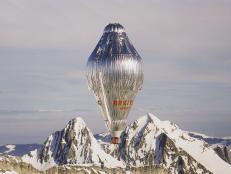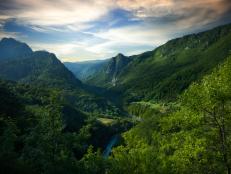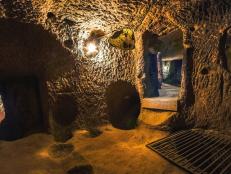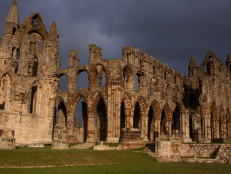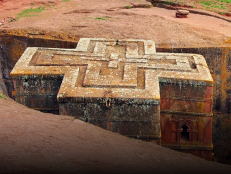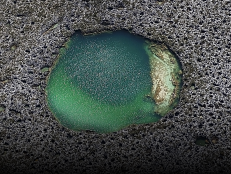All Exploration Articles
Showing 16 - 30 of 171 results
Massive Stone Jars in the Highlands of Laos Are Shrouded in Mystery
A grassy plain in the Laotian highlands are home to thousands of huge, ancient stone jars. Visit Discovery.com to learn about the mysterious details that have puzzled researchers for decades.
Neuschwanstein Castle Is A Disney Inspiration Designed By A Mad King
This castle is a real-life fairytale oasis.
Panama has Hundreds of Islands, Each More Beautiful than the Last
Panama is often overlooked for its more famous neighbors Colombia and Costa Rica, who are renowned worldwide for their biodiversity, colorful cultures, and jaw-dropping scenery. But Panama, which links Central and South America, has a few of its own gems to offer – including the 1,400-plus islands that dot its coast.
Why Do People Live Near Active Volcanoes?
Volcanoes have a lot to offer local residents.
Exploring Isolation: Inside the Minds of Legendary Explorers
In the time of quarantine, exploration legends Kathy Sullivan, Bertrand Piccard, and Børge Ousland know a thing or two about facing the challenges of isolation.
Discovering Europe’s Last Wild Rivers
Rivers in the Balkans are largely free-flowing, unlike other bodies of water on the continent. They are home to endemic species of fish, provide habitats for birds, and a playground for watersport daredevils.
Want to Climb a Mountain? Here are 5 Peaks Perfect for Beginners
Want to climb a mountain but don't know where to start? Discovery is here to help with five great mountains in North America that are great for beginners. These ranges range in difficulty from basic hiking to rock and ice climbing.
This Mongolian Landmark Is Covered in 1,500 Years of Graffiti
In the middle of Mongolia sits a graffiti-covered monument known as Taikhar Chuluu. Surrounded by flat plains for miles, this giant rock really stands out, and a number of legends have arisen to explain its presence. One involves a wrestler and a giant snake, and another involves star-crossed lovers.
Dr. Kathy Sullivan is an Explorer of Firsts
The first American woman to walk in space is also the first woman to reach the deepest known point in the ocean.
7 Places for the World's Best Stargazing
For those of you who have already got your telescopes packed, here are some of the world’s best destinations to make you feel truly humbled.
This Ancient Underground City Was Big Enough to House 20,000 People
Derinkuyu is an ancient Turkish city that extends 250 feet underground and is large enough to house 20,000 people. Built as protection against invaders more than 2,100 years ago, the city had fresh water, stables, wineries and oil presses.
Unforgettable International Hiking Vacations
We've selected 5 unforgettable hiking vacations sure to lead you into the thick of your destination.
This Haunting Coastal Town Inspired Bram Stoker's "Dracula"
There's more to the coastal town of Whitby than meets the eye. Hidden in Whitby's cottages and cobblestone streets lie legends and tales that inspired the famous story of Dracula. This led to the largest and spookiest festival around. Goths, ghosts, vampires, and ruins: Whitby has them all.
These 800-Year-Old Ethiopian Churches Are Each Carved From a Single Stone
The world is full of ancient stone monuments, but have you heard about the mind-blowing underground churches of Lalibela, Ethiopia?
Andros, Bahamas Has More Than 200 "Blue Holes" — And They're Mostly Unexplored
Learn about the more than 200 underwater cave systems that make Andros a scuba diving mecca at Discovery.com.








